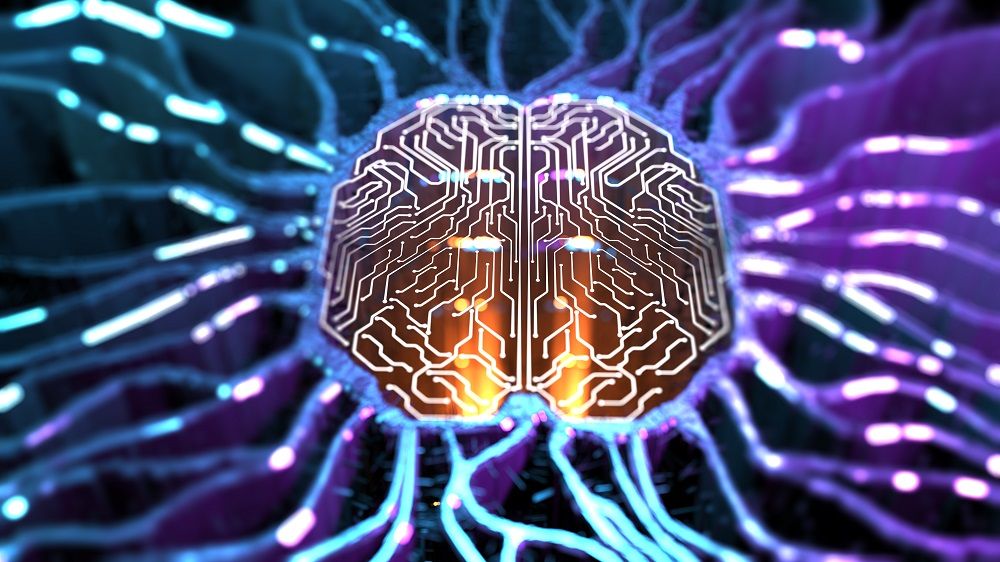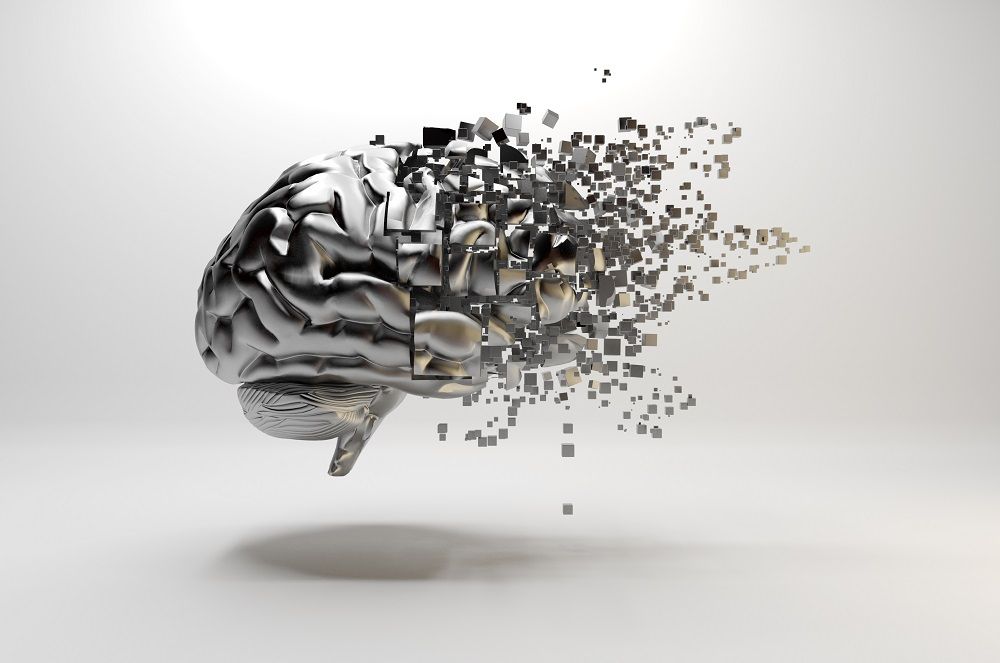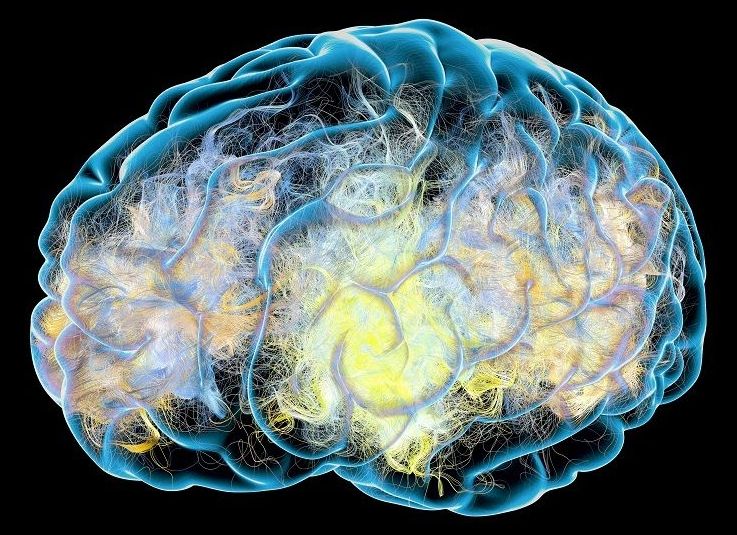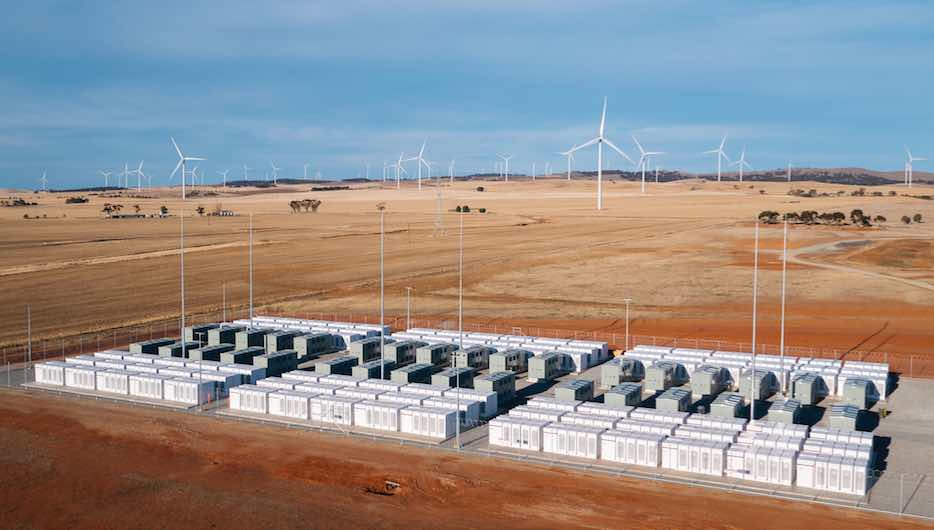Page 10061
Dec 1, 2017
Scientists have created a silicon beating heart
Posted by Ian Hale in categories: 3D printing, biotech/medical
The soft artificial heart was created from silicone using a 3D-printing, lost-wax casting technique; it weighs 390 grams and has a volume of 679 cm3. “It is a silicone monoblock with complex inner structure,” explains Cohrs. This artificial heart has a right and a left ventricle, just like a real human heart, though they are not separated by a septum but by an additional chamber. This chamber is in- and deflated by pressurized air and is required to pump fluid from the blood chambers, thus replacing the muscle contraction of the human heart.
Dec 1, 2017
Could Precision Treatments Cure Alzheimer’s Disease?
Posted by Brady Hartman in categories: biotech/medical, neuroscience
A group of scientists says that novel precision treatments with multiple drugs may provide the cure for Alzheimer’s disease.
Dec 1, 2017
Can These Novel Treatments Cure Alzheimer’s Disease?
Posted by Brady Hartman in categories: biotech/medical, neuroscience
Scientists race to cure Alzheimer’s disease, using revolutionary approaches that may reduce the number of people affected by about 40 pct.
Dec 1, 2017
Researchers Discover Key to Alzheimer’s Disease in Our Brains
Posted by Brady Hartman in categories: biotech/medical, life extension, neuroscience
Summary: Alzheimer’s and other neurodegenerative diseases are partially caused by the build-up of garbage due to a breakdown of the cellular housekeeping process known as autophagy. British scientists just discovered what may be the key to stopping this collapse in cellular housekeeping. [Author: Brady Hartman. This article first appeared on LongevityFacts.com. Follow us on Reddit | Google+ | Facebook. ]
Scientists at King’s College London (KCL) discovered new mechanisms of cell death in neurodegenerative disorders, which may be involved in the leading causes of dementia, such as Alzheimer’s and Parkinson’s disease. The novel research was published Wednesday in the journal Current Biology.
If the findings are expanded, the discovery could lead to new treatments for delaying the progression of previously incurable neurodegenerative conditions.
Continue reading “Researchers Discover Key to Alzheimer’s Disease in Our Brains” »
Dec 1, 2017
Company Offers to Freeze Your Body Before Death
Posted by Brady Hartman in categories: biotech/medical, bitcoin, cryonics, cryptocurrencies, law, life extension
Summary: Cryonics firm CryoGen makes a radical new proposal to freeze people before death, known as ‘mercy freezing.’ Customers will pay for the Cryopreservation: Also called cryobanking. The process of cooling and storing cells, tissues, or organs at very low or freezing temperatures to save them for future use. Used in cryonics and the storage of reproductive cells in fertility treatments. [Source – NCI].” class=” glossaryLink “cryopreservation using a new blockchain based cryptocurrency called the CRYO. [This article first appeared on LongevityFacts.com. Author: Brady Hartman. Follow us on Reddit | Google+ | Facebook. ]
Cryonics is legally allowed only after death, and during this time the body starts to decay. Cryopreservation should ideally be performed within a few minutes of the patient’s demise. This happens less than half the time for current cryonics clients, and their tissues start turning to mush before freezing.
A Russian-Swiss company named CryoGen plans to solve that problem by freezing people before death, calling it ‘mercy freezing.’ CryoGen is building a cryonics lab in Switzerland, a country where euthanasia is legal. According to a white paper on CryoGen’s website.
Continue reading “Company Offers to Freeze Your Body Before Death” »
Dec 1, 2017
Tesla big battery officially switched on in South Australia
Posted by Genevieve Klien in categories: energy, government, sustainability
The Tesla big battery – the world’s biggest lithium-ion battery storage installation to date – was officially switched on in South Australia on Friday, a day after it had already demonstrated its value by injecting energy into the grid during the previous day’s afternoon peak.
South Australia premier Jay Weatherill, whose government has provided the subsidy for the battery to be built on the grid with the largest penetration of wind and solar anywhere in the world, described it as a “landmark moment”.
“This means that, for the first time, clean and affordable wind energy can be dispatched to the grid 24 hours a day, 7 days a week, whether the wind is blowing or not, improving system reliability,” Weatherill said.
Continue reading “Tesla big battery officially switched on in South Australia” »
Dec 1, 2017
The Colorado School of Mines Wants to Launch the First-Ever Space Mining Program
Posted by Nancie Hunter in category: space
The first-ever graduate program for space miners-in-training is set to launch next year. And the inaugural class is already taking lessons.
Dec 1, 2017
Canada tests ‘basic income’ effect on poverty amid lost jobs
Posted by Derick Lee in categories: biotech/medical, economics, employment, finance, food, government, security
Ontario intends to provide a basic income to 4,000 people in three different communities as part of an experiment that seeks to evaluate whether providing more money to people on public assistance or low incomes will make a significant material difference in their lives. How people like Button respond over the next three years is being closely watched by social scientists, economists and policymakers in Canada and around the world.
Former security guard Tim Button considers how a sudden increase in his income from an unusual social experiment has changed his life in this Canadian industrial city along the shore of Lake Ontario.
Sipping coffee in a Tim Horton’s doughnut shop, Button says he has been unable to work because of a fall from a roof, and the financial boost from Ontario Province’s new “basic income” program has enabled him to make plans to visit distant family for Christmas for the first time in years. It has also prompted him to eat healthier, schedule a long-postponed trip to the dentist and mull taking a course to help him get back to work.
Continue reading “Canada tests ‘basic income’ effect on poverty amid lost jobs” »
Dec 1, 2017
This Anti-Aging Protein Could Be Targeted to Rejuvenate Our Immune Cells
Posted by Ian Hale in categories: biotech/medical, food, life extension
Summary: Scientists discover that the anti-aging protein SIRT1 could be targeted to rejuvenate T cells in our aging immune systems. [Author: Brady Hartman] This article first appeared on LongevityFacts.com. Follow us on Reddit | Google+ | Facebook.
Anti-aging proteins in the sirtuin family have long been shown to protect against age-related diseases, such as cardiovascular disease, cancer, and neurodegeneration. A new research study by scientists at the Gladstone Institutes now reveals that the protein called SIRT1 could also be targeted to rejuvenate aging immune system cells. SIRT1 is commonly known for being activated by naturally occurring substances found in red wine.
In the new study, published Wednesday in the Journal of Experimental Medicine, the researchers found that SIRT1 is also involved in how immune system cells develop with age. The Gladstone scientists wanted to find out how the anti-aging protein SIRT1 affects the immune cells known as cytotoxic T cells. Also called killer T cells, these cells are highly specialized guardians of the immune system, and their role is to kill cancer cells, damaged cells, or those cells infected by a virus. More specifically, a cytotoxic T cell is a type of white blood cell and also a type of lymphocyte. To treat tumors, these can be separated from other blood cells, grown in a laboratory, and then given to a patient to kill cancer cells. Melanie Ott, a senior author of the new study, and a Gladstone Senior Investigator said.
Continue reading “This Anti-Aging Protein Could Be Targeted to Rejuvenate Our Immune Cells” »

















